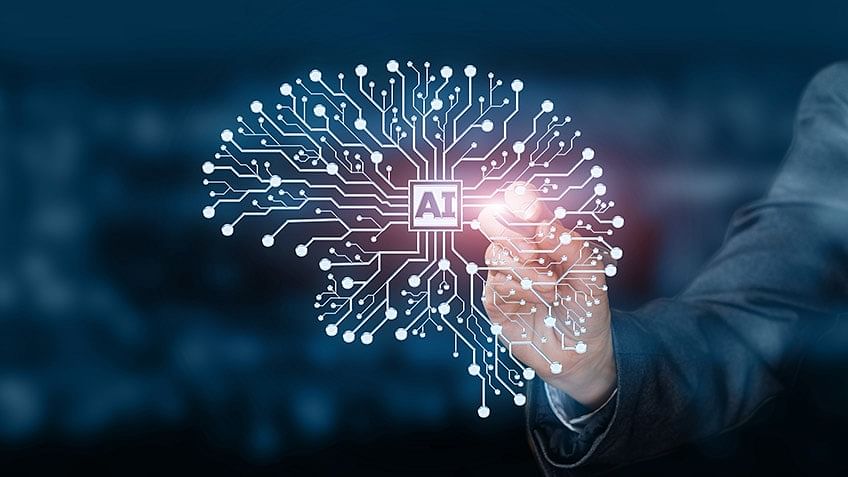Education in the Digital Age: More Than Just Technology
When we talk about education in the digital age, it’s easy to picture a classroom filled with tablets, smartboards, and online courses. But these are just the tools. The true transformation runs much deeper. It’s a fundamental shift in our entire philosophy of what it means to learn, to teach, and to be prepared for the future.
This era isn’t about adding technology to old models of education; it’s about creating entirely new ones.

Shift 1: From Information Consumers to Knowledge Creators
In the pre-digital age, knowledge was a scarce resource, carefully curated in textbooks and libraries. The primary goal of a student was to consume and memorize this information. Today, information is abundant—a single Google search yields more data than a person could read in a lifetime.
Therefore, the most crucial skill is no longer finding information, but knowing how to evaluate, synthesize, and use it to create something new. Education in the digital age redefines the student’s role: they are now researchers, designers, creators, and publishers. They build websites, produce videos, code apps, and collaborate on projects that solve real-world problems.
Shift 2: The Teacher as the “Guide on the Side”
If students are no longer empty vessels to be filled with information, then the teacher can no longer be the “sage on the stage”—the sole dispenser of knowledge. The role of the educator has evolved into something far more dynamic and arguably more important: the “guide on the side.”
In a modern learning environment, the teacher is a:
- Curator: Sifting through the noise to find reliable, high-quality resources.
- Facilitator: Designing learning experiences that encourage exploration and collaboration.
- Coach: Providing personalized feedback and guidance to help students navigate challenges.
- Mentor: Modeling digital citizenship and a passion for lifelong learning.
Shift 3: Focusing on Future-Proof Skills
What skills will a student need to thrive in a world of AI and automation? The answer isn’t a specific programming language or software, which may be obsolete in a few years. Instead, it’s a set of durable, human-centric competencies.
Renowned educational frameworks, like the P21 Framework for 21st Century Learning, emphasize what are often called the “4 Cs”:
- Critical Thinking: Analyzing information and forming reasoned judgments.
- Communication: Articulating thoughts clearly across various media.
- Collaboration: Working effectively with others, often remotely.
- Creativity: Approaching problems with innovative solutions.
These are the skills that technology can enhance but never replace.
Navigating the Future of Learning
True education in the digital age is about a change in mindset. It’s about fostering curiosity, resilience, and a love for learning that lasts a lifetime. It’s about empowering students not just to navigate the future, but to actively shape it. The technology is simply the vehicle; the destination is a more capable, creative, and adaptable generation of human beings.



